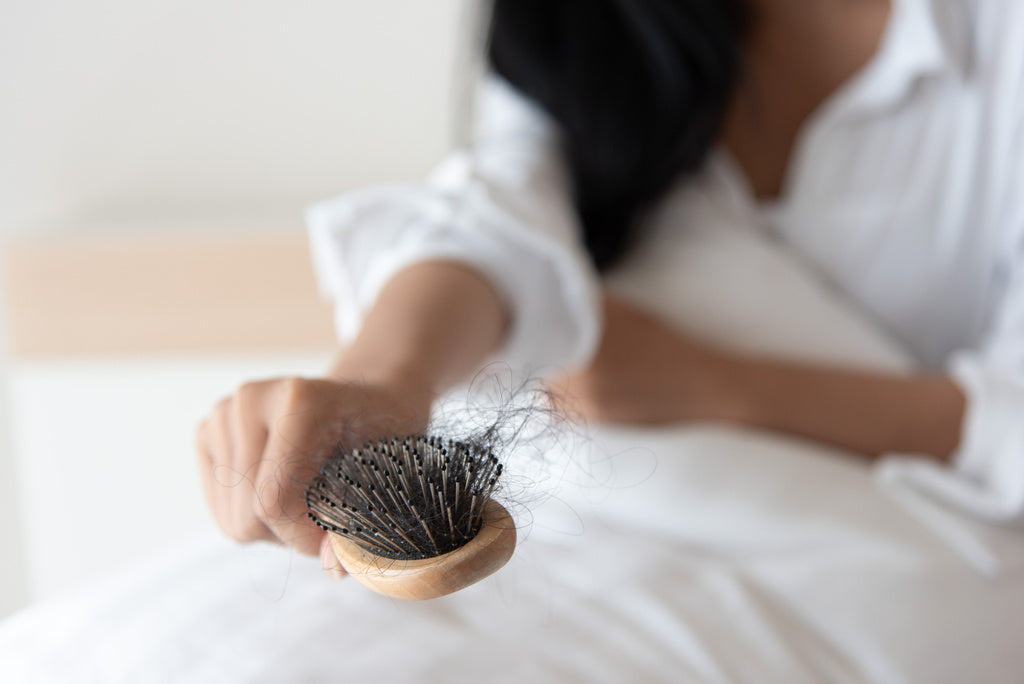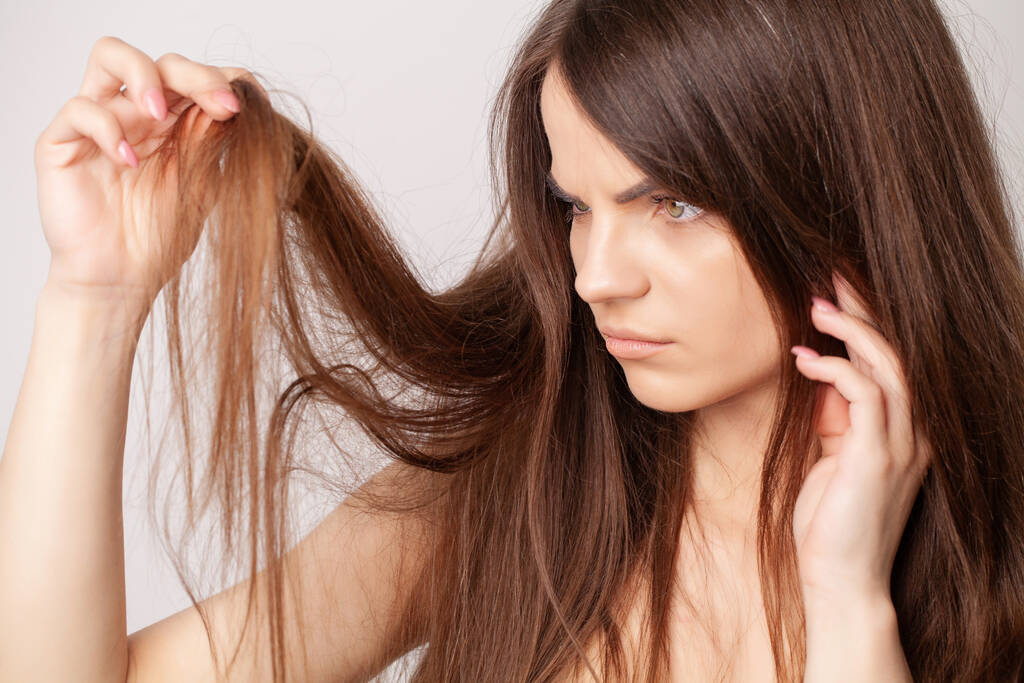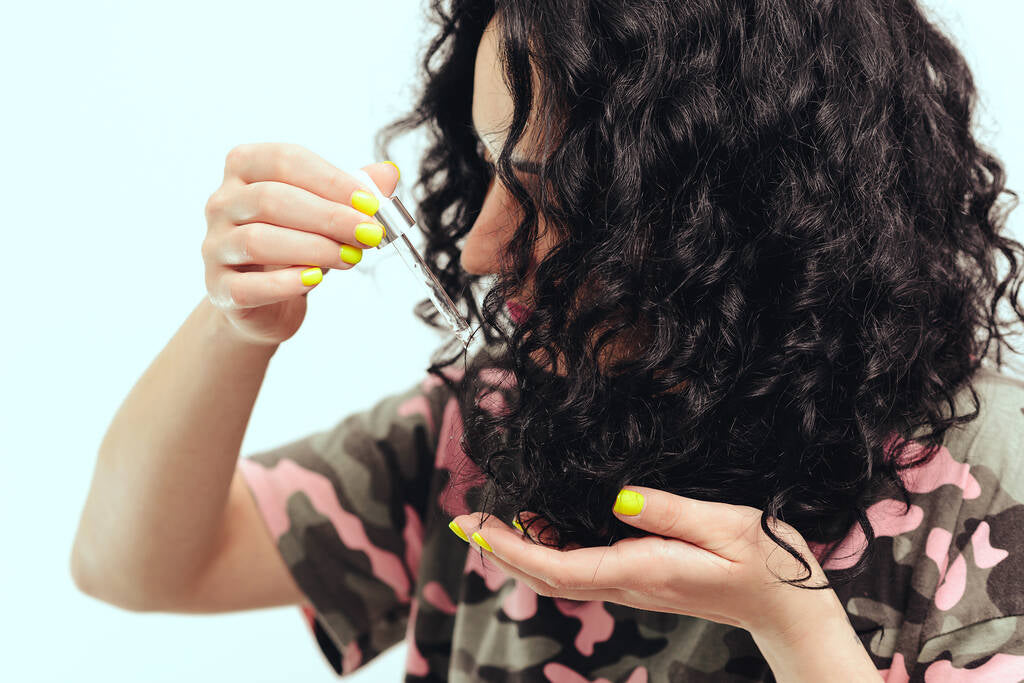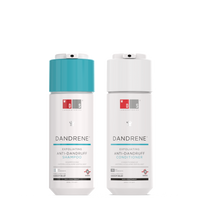
Hair loss in women is a multifaceted issue that extends far beyond the realms of genetics. While it's widely acknowledged that genetic predisposition plays a significant role in hair thinning and loss, modern research and clinical observations have unveiled a plethora of other contributing factors. These factors range from hormonal imbalances and nutritional deficiencies to stress, medication side effects, and even certain hairstyling practices. Understanding what causes hair loss in women is crucial for effective treatment and management, especially for women over 40, who may experience these issues more acutely.
Hormonal Imbalances: A Key Culprit
Hormonal fluctuations can have a profound impact on hair health. Conditions such as polycystic ovary syndrome (PCOS) and thyroid disorders can lead to noticeable hair thinning or loss due to the disruption they cause in the body's hormonal balance. Addressing these imbalances through medical intervention can often mitigate hair loss and even encourage regrowth.
The Role of Nutrition in Hair Health
A well-balanced diet is foundational for maintaining healthy hair. Deficiencies in essential nutrients like iron, zinc, biotin, and vitamins A, D, and E can lead to weakened hair follicles and increased shedding. For those following restrictive diets or suffering from conditions like anaemia, supplementing these nutrients might be necessary to restore hair health.
Stress and Its Impact on Hair
The connection between stress and hair loss in women is well-documented. Conditions such as telogen effluvium are triggered by excessive stress, leading to significant hair shedding. This type of hair loss is usually temporary, and managing stress through various techniques can help alleviate the condition.
In addition to the immediate effects of stress on the hair growth cycle, chronic stress can also lead to long-term changes in hair health and density. The body's stress response can divert resources away from non-essential functions, including hair growth, exacerbating hair thinning over time. Incorporating stress management techniques such as mindfulness, meditation, and regular physical activity into one's daily routine can not only improve overall health but also support hair growth and regeneration by mitigating the effects of stress hormones on the body.

Medications and Hair Loss
Certain medications, including chemotherapy drugs, anticoagulants, and antidepressants, can have hair loss as a side effect. If hair loss is noticed after starting new medication, it's important to consult with a healthcare provider to explore possible alternatives or solutions.
Beyond the commonly known medications that contribute to hair loss, a wide range of over-the-counter supplements and hormonal treatments, such as birth control pills, can also have an impact. It's essential for individuals to review their medication regimen with healthcare professionals regularly, especially if experiencing unexplained hair loss. Adjusting dosages or switching to hair-friendly alternatives can make a significant difference in maintaining hair health and preventing further loss.
Hairstyling Habits and Traction Alopecia
Traction alopecia is caused by hairstyles that pull on the hair, such as tight ponytails, braids, and extensions. This condition underscores the importance of adopting hair-friendly styling practices to prevent hair loss.
The cumulative effect of harsh chemical treatments, such as dyes and relaxers, in addition to physical stress from styling, can severely compromise hair strength and follicle health. Embracing natural hair textures and minimising the use of chemical treatments can help preserve hair integrity and prevent the onset of traction alopecia. Regularly changing hairstyles to distribute tension and using protective styles that minimise stress on the hair and scalp can also be beneficial in preventing hair loss.
Autoimmune Conditions
Autoimmune diseases like alopecia areata result in the immune system attacking hair follicles, leading to hair loss. Early intervention and treatment are key to managing these conditions.
Understanding the triggers and managing symptoms of autoimmune conditions require a holistic approach to health. Lifestyle changes, including a balanced diet, stress management, and avoiding triggers known to exacerbate autoimmune reactions, can complement medical treatments. For those with conditions like alopecia areata, emerging treatments and therapies offer hope for regrowth and management, highlighting the importance of ongoing research and personalised care strategies.
Environmental Factors
Exposure to pollutants, harsh chemicals, and UV radiation can damage hair, leading to loss and thinning. Protecting hair from these environmental factors is essential for maintaining its health and vitality.
In today's increasingly polluted world, the scalp and hair are exposed to a myriad of harmful substances, from smoke and particulate matter to chlorine in water. Using protective hair products, such as leave-in conditioners and serums that create a barrier against environmental damage, can help mitigate these effects. Additionally, wearing hats or scarves when outdoors and using filtered water for hair washing can further protect hair from environmental aggressors.

Age-Related Changes
Hair loss can also be a natural part of ageing. With changes in hair texture and growth patterns occurring over time, understanding and accepting these changes is crucial for women in this age group. This awareness can significantly aid in finding appropriate treatments or cosmetic solutions specifically tailored to address hair loss in women over 40, ensuring they can maintain their hair's health and appearance as they age.
As we age, the diameter of the hair shaft may decrease, and the growth phase of the hair cycle can shorten, leading to thinner, more fragile hair. Nutritional supplements specifically designed to support hair, skin, and nail health can provide essential nutrients that the body might be lacking, promoting healthier hair growth. Regular scalp massages to stimulate blood flow, along with gentle, volumizing hair care products, can also support the appearance of fuller, thicker hair in older adults.
Psychological Effects
The impact of hair loss on self-esteem and mental well-being cannot be overstated. It's important to address these psychological aspects, seeking support and coping strategies as needed.
The journey to accepting hair loss can be challenging, but finding a supportive community or speaking with a therapist specialised in body image issues can provide significant relief and perspective. Exploring hair loss solutions, such as wigs, hairpieces, or innovative styling techniques, can also empower individuals to reclaim their confidence and self-expression amidst the challenges posed by the causes of hair loss in women. Celebrating personal style and focusing on holistic well-being can transform the experience of hair loss from a source of stress to an opportunity for growth and self-discovery.
Discover Your Solution to Hair Loss with DS Laboratories
While genetics play a significant role in hair loss, it's clear that a myriad of other factors can contribute to this condition. By understanding these causes, women can seek appropriate hair loss in women treatment options and make lifestyle adjustments to mitigate hair loss. For those looking for specialised hair care solutions, DS Laboratories offers a range of science-backed, clinical-grade products designed to address various hair concerns. Whether you're dealing with hormonal imbalances, nutritional deficiencies, or the effects of stress, our products are formulated to support hair health and regrowth as part of a comprehensive hair loss in women treatment strategy. Shop our website today and take the first step towards reclaiming your hair's vitality and beauty.

















